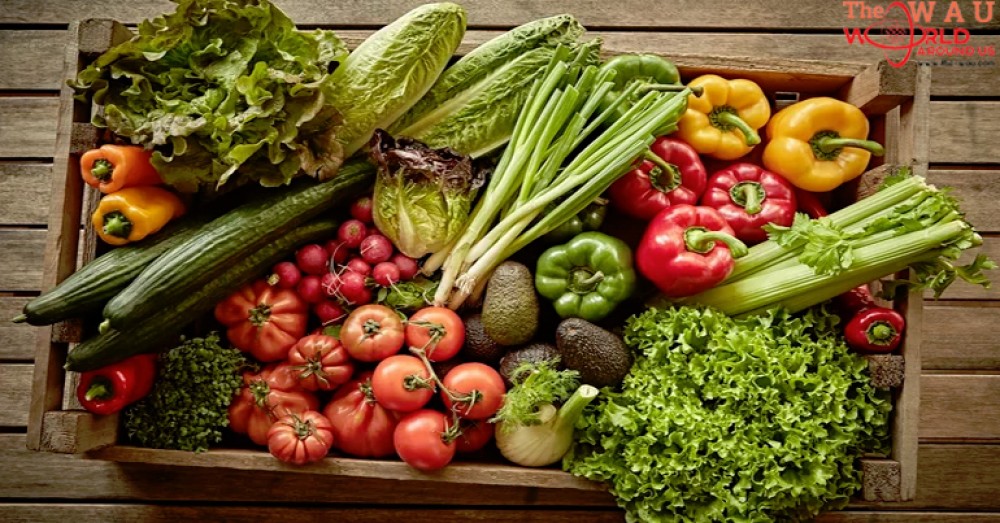In a study, those who ate more organic produce, dairy, meat and other products had 25 per cent fewer cancer diagnoses overall, especially lymphoma and breast cancer.
People who buy organic food are usually convinced it’s better for their health, and they’re willing to pay dearly for it. But until now, evidence of the benefits of eating organic has been lacking.
Now, a new French study that followed 70,000 adults, most of them women, for five years has reported that the most frequent consumers of organic food had 25 per cent fewer cancers overall than those who never ate organic. Those who ate the most organic fruits, vegetables, dairy products, meat and other foods had a particularly steep drop in the incidence of lymphomas, and a significant reduction in postmenopausal breast cancers.
The magnitude of protection surprised the study authors. “We did expect to find a reduction, but the extent of the reduction is quite important,” said Julia Baudry, the study’s lead author and a researcher with the Center of Research in Epidemiology and Statistics Sorbonne Paris Cite of the French National Institute of Health and Medical Research. She noted the study does not prove an organic diet causes a reduction in cancers, but strongly suggests “that an organic-based diet could contribute to reducing cancer risk”.

The study, published Oct 22 in JAMA Internal Medicine, was paid for entirely by public and government funds.
'MORE IMPORTANT TO SIMPLY EAT MORE FRUITS AND VEGETABLES'
Nutrition experts from Harvard University, who wrote a commentary accompanying the study, expressed caution, however, criticising the researchers’ failure to test pesticide residue levels in participants in order to validate exposure levels. They called for more long-term government-funded studies to confirm the results.
“From a practical point of view, the results are still preliminary, and not sufficient to change dietary recommendations about cancer prevention,” said Dr Frank B. Hu, one of the authors of the commentary and the chairman of the department of nutrition at Harvard’s T.H. Chan School of Public Health.
He said it was more important for people to simply eat more fruits and vegetables, whether the produce is organic or not, if they want to prevent cancer. The American Cancer Society recommends consuming a healthy diet with lots of fruits and vegetables, whole grains instead of refined grains, and limited amounts of red meat, processed meat and added sugars.
Dr Hu called for government bodies like the National Institutes of Health and the Department of Agriculture to fund research to evaluate the effects of an organic diet, saying there is “strong enough scientific rationale, and a high need from the public health point of view”.
BREAST AND LYMPHOMA CANCERS
The only other large study that has asked participants about organic food consumption with reference to cancer was a large British study from 2014. While it found a significantly lower risk of non-Hodgkin’s lymphoma among women who said they usually or always ate organic food, it also found a higher rate of breast cancers in the organic consumers – and no overall reduction in cancer risk.
The authors of that study, known as the Million Women study, said at the time that wealthier, more educated women in the study, who were more likely to purchase organic food, also had risk factors that increase the likelihood of having breast cancer, such as having fewer children and higher alcohol consumption.

...[ Continue to next page ]
Share This Post














